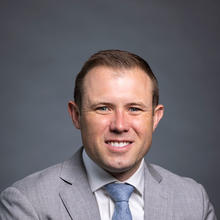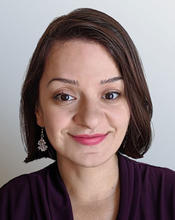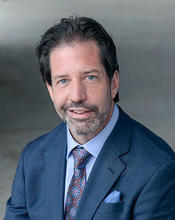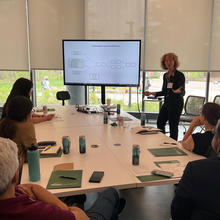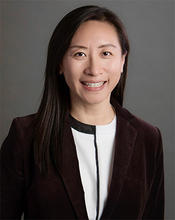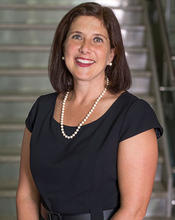- September 12, 2023
When it comes to relationships between co-workers, organizations’ stated priorities must match what’s happening under the hood.
- August 31, 2023
A Mason professor finds yet another example of the value of diversity in senior management teams.
- August 23, 2023
Steve Maex, an assistant professor of accounting at George Mason University School of Business, recently received the American Accounting Association (AAA)’s Outstanding International Accounting Dissertation Award.
- August 9, 2023
A new "mega-study" consisting of dozens of simultaneous, independently designed experiments shows that competitions have no automatic impact on our morality.
- August 2, 2023
Mason Management Professor Matthew Cronin, highlights two blind spots in our thinking about mental health that are hindering progress toward more mindful workplaces.
- July 26, 2023
George Mason University School of Business boasts more than 60 full-time, research-active faculty across the accounting, finance, information systems and operations management, management, and marketing areas. In addition to pursuing research questions within their area of specialty, many School of Business scholars team up with peers from other disciplines to tackle complex societal problems.
- July 20, 2023
For most people, the term “marketing” is mainly associated with selling products. For academics specializing in the field, however, marketing means something both simpler and much more complex -- the science of communicating value.
- June 30, 2023
School of Business professors Pallab Sanyal and Shun Ye explore the complex connections between managerial feedback and creative outcomes in new study.
- June 20, 2023
Why are some firms more forthcoming than others about their social and environmental impact? It may have to do with the CEO’s personal incentives.
- June 14, 2023
Lisa Gring-Pemble, an associate professor at George Mason University, has received a Distinguished Research Fellow Award from the Eastern Communication Association (ECA).



